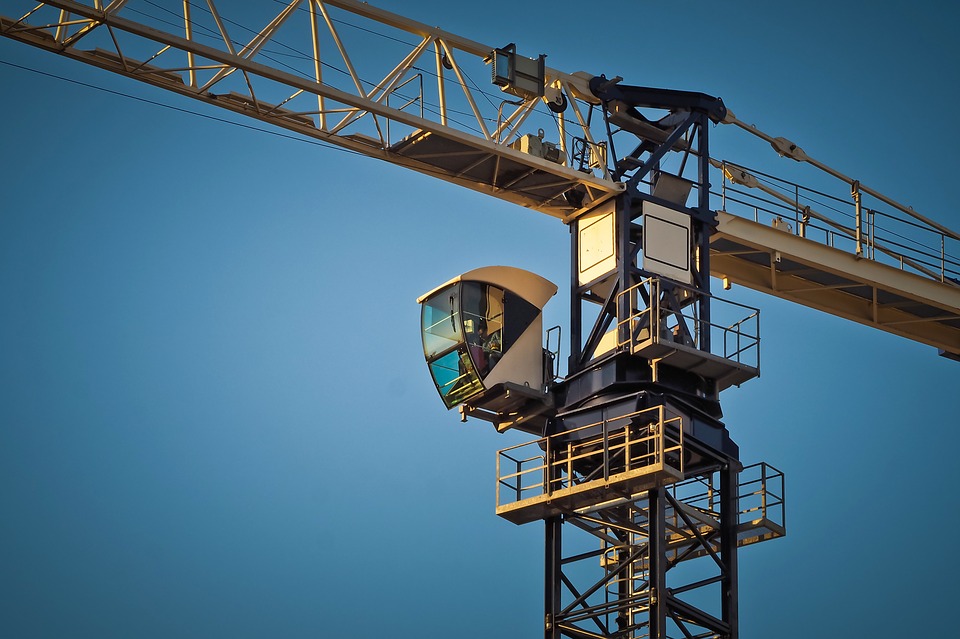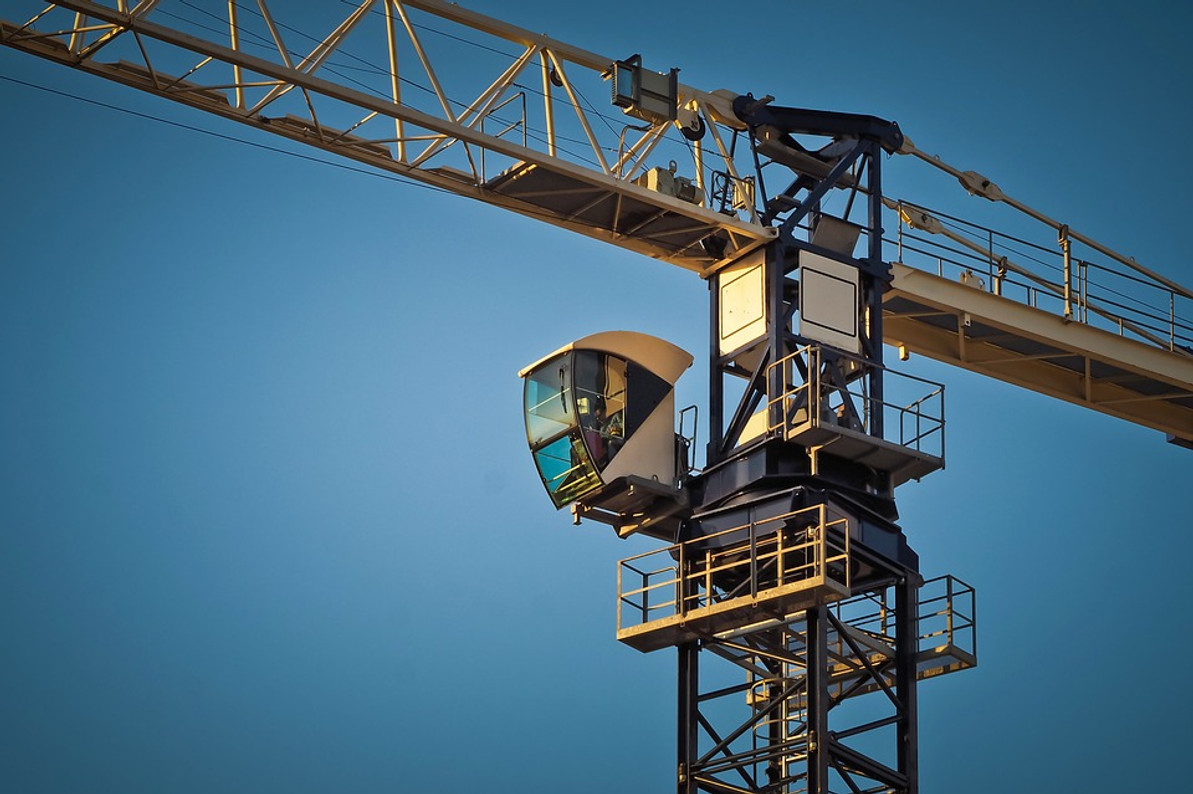OSHA Proposes New Rule for Crane Operators

Operating a construction crane comes with a big responsibility. If the crane is overloaded or otherwise fails, it can send heavy loads crashing to the ground below, leaving workers and other people nearby susceptible to injury. To reduce the risk of incidents such as this, the Occupational Safety and Health Administration (OSHA) has proposed a new safety rule for crane operators.
The rule, published in the Federal Register, implements new requirements for crane operators. Specifically, it would require employers to take the necessary and appropriate measures to ensure that operators of cranes have the training, licensing and skills needed to safely operate a crane.
So, what prompted OSHA to propose this rule? This rule is intended to reduce the number of injuries and fatalities attributed to cranes. When speaking about the proposed rule, OSHA said that it was created using feedback from construction companies, many of which said that certification alone isn't sufficient in protecting against incidents. Under OSHA's 2010 rule, all crane operators must receive certification. Otherwise, they can't operate a crane. The newly proposed rule expands on the 2010 rule by requiring employers to evaluate crane operators' competency to ensure they have the skills and training needed to safely operate a crane.
"OSHA proposes to update its standard for cranes and derricks in construction by permanently extending and clarifying each employer's duty to ensure the competency of crane operators through required training, certification or licensing, and evaluation," wrote OSHA in its proposed rule.
If passed, the proposed rule would affect more than 100,000 crane operators in the United States. Although it would undoubtedly reduce the number of crane-related injuries and fatalities, it would also cost employers around $1.4 billion each year.
Like other rules proposed by OSHA, the newly proposed crane operation rule will enter a period of public commenting, during which industry professionals and the public alike can share their thoughts and concerns on the rule. OSHA says it will accept comments on the rule through June 20, 2018. Of course, this doesn't necessarily mean that the rule will take effect after this period. It may take another year or two before the rule is implemented. Alternatively, OSHA may scrap the rule. Either way, it's important for construction companies and other businesses that use cranes to familiarize themselves with this rule and what it entitles.
You can learn more about OSHA's proposed rule for crane operators by accessing the official document in the Federal Register.
Recent Posts
-
Fire Safety in the Workplace: What You Need to Know
What steps are you taking to prevent fires in your workplace? According to the U.S. Occupational Saf …Aug 23rd 2023 -
Is It Safe to Go Jogging With a Cold Infection?
If you're suffering from a cold infection, you might be wondering whether it's safe to go jogging. T …Aug 22nd 2023 -
5 Safety Tips to Follow When Using a Powder-Actuated Tool
Powder-actuated tools are commonly used to join materials to steel and concrete. Also known as Hilti …Aug 20th 2023




